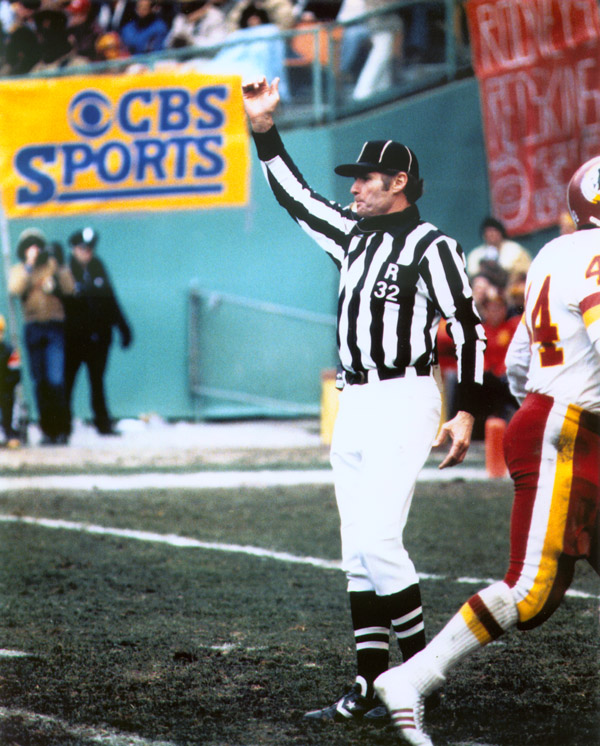The All-England Lawn Tennis and Croquet Club, aka Wimbledon, concluded its 132nd championships this past weekend. If you have never had the pleasure of seeing the sport of tennis played in jolly ole’ England, it is quite spectacular. Traditionally this event has been - some say - “stuffy” England style.
Well, much has changed! Yes, they still do not play on the first Sunday and all the matches are played on grass. It’s a different game on grass than what we play here in the “colonies” on cement surfaces. However, because England in June is such a rainy month, centre court now has a retractable roof. Wow! A breakthrough!
Although head-bands and caps worn backwards are allowed, the all-white clothing worn by the athletes – both ladies and gentlemen - is still a requisite. Further, the equipment (e.g. racquets) have improved their power through the use of materials such as carbon fiber, fiberglass, and titanium vs. the laminated wood racquets used by Jack Kramer, Don Budge, Rod Laver, et al.
Strategies and the powerful serves (150 mph) have made the game faster, however, the most notable is the physicality of the players. The 3, 4 and occasionally 5 hour matches demand top physical conditioning. Women and men are using weight training equipment to shore up their legs, shoulders and arms – let’s call it “outer strength.” The lessons learned from tennis - at any level, not just Wimbledon – are some of the following: (1) physical conditioning done on a regular basis will improve your “work-on-the-job.” Suggested here is a 30 minute sustained exercise at least 3 times per week. Age is a factor to determine the best exercise program for you. (2) Keep your eye on the ball – an adage that serves (no pun intended) not just in sports, but in anything one does. In tennis, “See the ball hit the racquet strings,” – in football, “Watch the ball land into the hands of the receiver,” – and, of course, in baseball/softball, “See the ball hit the bat.” This adage can be applied to anything you do. Can you think about ways it can apply to your job? (3) If you never lose two points consecutively in tennis, you will never lose a game, a set or a match. A great test of resilience. Recover, adjust, be positive and believing in your abilities are major lessons toward success. Let’s call that “inner strength.”
Will you apply these lessons from tennis to your life?
Friday, July 3, 2009
Subscribe to:
Post Comments (Atom)










No comments:
Post a Comment